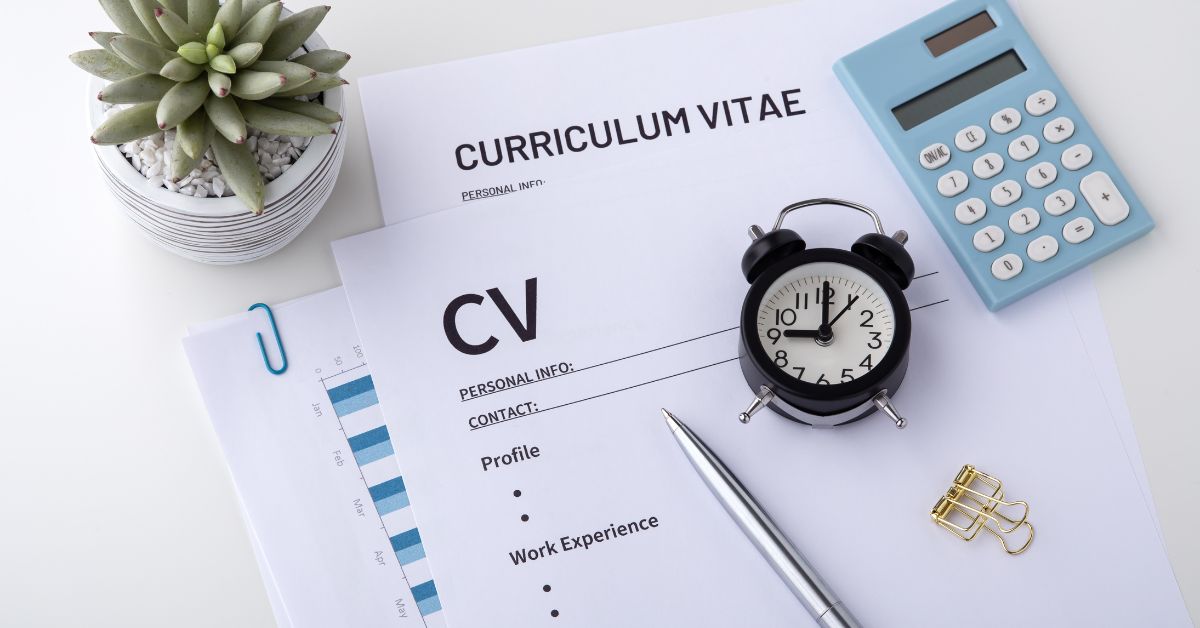As a student, your CV is an essential tool for securing internships, part-time jobs, and even full-time employment after graduation. A CV or curriculum vitae is a summary of your academic and professional achievements, skills, and experiences that highlight your potential to employers. A well-crafted CV can increase your chances of getting invited to an interview and ultimately landing your dream job.
Here are some tips on how to improve your CV as a student:
1. Start with a clear objective statement
The objective statement should be a concise summary of what you are seeking from the job, and what you can offer to the employer. Keep it short and sweet, and make sure it aligns with the job requirements. For example, if you’re applying for a part-time job as a sales associate, your objective statement could read, “To obtain a part-time position as a sales associate, utilizing my strong communication skills and customer service experience.”
2. Emphasize your education
As a student, your education is likely your most significant accomplishment to date. List your educational qualifications, including the degree or diploma you are pursuing, your major, and your expected graduation date. If you have a high GPA, include that as well. If you have any relevant coursework or academic awards, be sure to highlight them.
3. Highlight relevant work experience
Even if you haven’t had a formal job before, you may have some relevant work experience that can be highlighted on your CV. This could include internships, volunteer work, or part-time jobs. Be sure to list your responsibilities and accomplishments in each role, as well as any skills you gained. Focus on the transferable skills that you developed in these roles, such as communication, teamwork, or problem-solving.
Also, have a look at how you can apply for a Job in Saudi Arabia! An Ultimate Guide
4. Include extracurricular activities
Employers value candidates who have a well-rounded background and are involved in extracurricular activities. If you have participated in any clubs, sports teams, or volunteer organizations, be sure to list them on your CV. Highlight any leadership roles or accomplishments in these activities, as they demonstrate your ability to take initiative and work with others.
5. Showcase your skills
In addition to your work experience and education, you should also highlight your skills on your CV. This could include technical skills such as programming languages or software proficiency, as well as soft skills such as communication, teamwork, or time management. Use bullet points to list your skills, and provide examples of how you have used them in the past.
6. Customize your CV for each job
It’s essential to tailor your CV to each job you apply for. This means highlighting the skills and experiences that are most relevant to the job description. Take the time to read through the job posting carefully and identify the key requirements. Then, adjust your CV accordingly to make sure that you are emphasizing the skills and experiences that align with the job.
7. Use a professional format
Your CV should be well-organized, easy to read, and visually appealing. Use a professional format that includes clear headings and bullet points. Use a font that is easy to read, such as Arial or Times New Roman, and keep the font size between 10 and 12 points. Use bold or italics to highlight important information, but avoid using too many colors or graphics that can make your CV look cluttered.
8. Proofread carefully
Before submitting your CV, be sure to proofread it carefully. Check for spelling and grammar errors, as well as typos or formatting issues. Ask a friend or family member to review it as well, as they may be able to catch errors that you missed. A well-written and error-free CV demonstrates attention to detail and professionalism.
Final Words
In conclusion, your CV is an essential tool for securing internships, part-time jobs, and full-time employment after graduation. It is important to take the time to craft a well-written and tailored CV that highlights your skills, experiences, and potential to employers. By following the tips outlined above, you can improve your CV as a student and increase your chances of landing your dream job.
It’s important to note that while a CV is essential, it’s not the only factor that employers consider when making hiring decisions. They may also consider your interview performance, references, and other factors such as personality fit and cultural fit. Therefore, it’s important to focus on developing a well-rounded skill set and building your network to increase your chances of success in the job market.
Additionally, don’t be afraid to seek out advice and feedback on your CV from professors, career counselors, or mentors in your field. They may be able to provide valuable insights and suggestions for how to improve your CV based on their experience and knowledge.
Finally, remember that your CV is a living document that should be updated regularly as you gain new experiences, skills, and qualifications. Keep track of your accomplishments and make sure to include them on your CV as they happen. This will help you stay organized and ensure that your CV is always up-to-date and ready to impress potential employers.
In summary, improving your CV as a student requires a combination of highlighting your education, work experience, extracurricular activities, and skills, and tailoring it for each job application. Using a professional format, proofreading carefully, and seeking feedback can also help to make your CV stand out to potential employers. By following these tips and staying committed to improving your skills and experiences, you can increase your chances of success in the job market and achieve your career goals.

